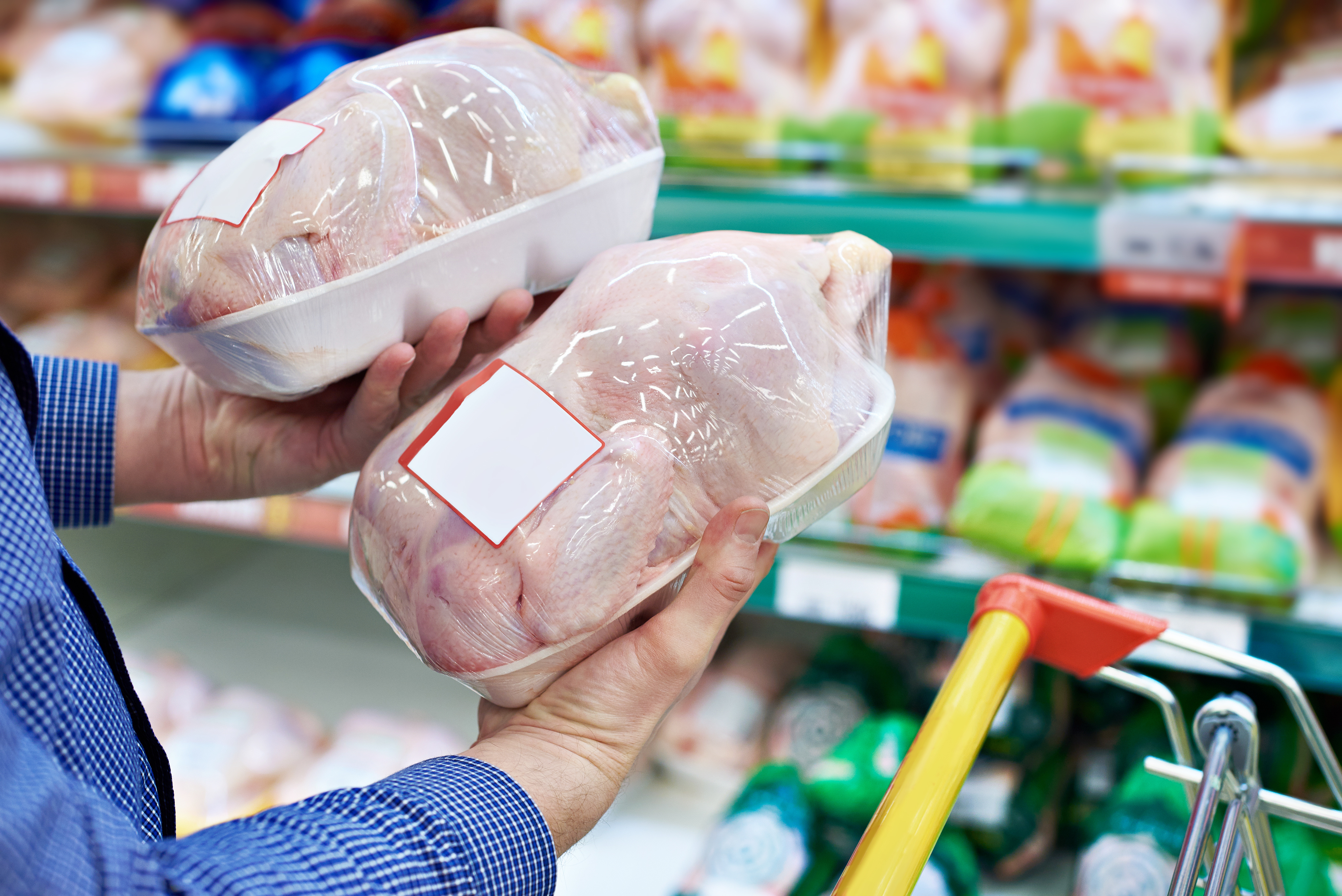



Is the UK's trade policy hindering fair competition?
The UK's Minister for International Trade joined the British Poultry Council's roundtable on UK-EU trade disruptions on 4 February.It is over a month since Britain departed the EU single market and customs union. British poultry meat producers are working incredibly hard to adapt to the new trade arrangements unveiled on Christmas Eve and implemented on 1 January. Overnight the industry went from being able to freely move product to being considered a third country and a risk to the EU's food safety, animal health, and plant health regimes.
The British Poultry Council and leading thinktank ResPublica
hosted a virtual roundtable on 4 February to discuss the new trade deal with Europe and what this really means for food producers and consumers in the UK. The roundtable highlighted the trade barriers faced by UK as a third country and ways in which Government can support producers to minimise impact on flow of foods and ensure businesses remain viable.

The poultry meat sector has been dealing with significant challenges thrown up by the new UK-EU trading regime that it had a handful of days to implement, and which has made it more difficult and more costly to trade. Every delay, rejected load, and additional piece of documentation ultimately means higher cost of production and yet more barriers to the competitiveness the Government is so desperate to realise.
Speaking at the roundtable, British Poultry Council, Chief Executive, Richard Griffiths said: “The purpose of British food production is to feed people. We sometimes lose sight of the fact that everybody has to eat. For the poultry meat sector, chicken particularly, is half the meat the country eats. It is a quality affordable protein for a large number of people. British food production and food security needs healthy trade…This is not about protectionism; it is about a trade policy that promotes fair competition across a broad range, and one that supports our domestic production.”
Philip Blond, Director, ResPublica emphasised the need for food imports to be produced to similar standards as the UK. He said: “Allowing imports that have a massive competitive advantage because of standards will create a two-tier food system in this country. What can the Government do to avoid this?”
Ranil Jayawardena MP, Minister for International Trade reaffirmed the Government’s commitment to ensure trade deals support the viability of British producers and remove barriers to trade. He said: “We are determined to grow Britain’s food and drink exports - bringing jobs and economic benefits to every corner of our country - as we set sail to trade with the world.”
The line-up of speakers included
- Ranil Jayawardena MP – Minister for International Trade
- Dr. Elitsa Garnizova – Principal Investigator, Trade Policy Hub, LSE
- Richard Griffiths – Chief Executive, British Poultry Council
- Nick von Westenholz – Director, Trade and Business Strategy, NFU
- Phillip Blond – Director, ResPublica (Chair)









